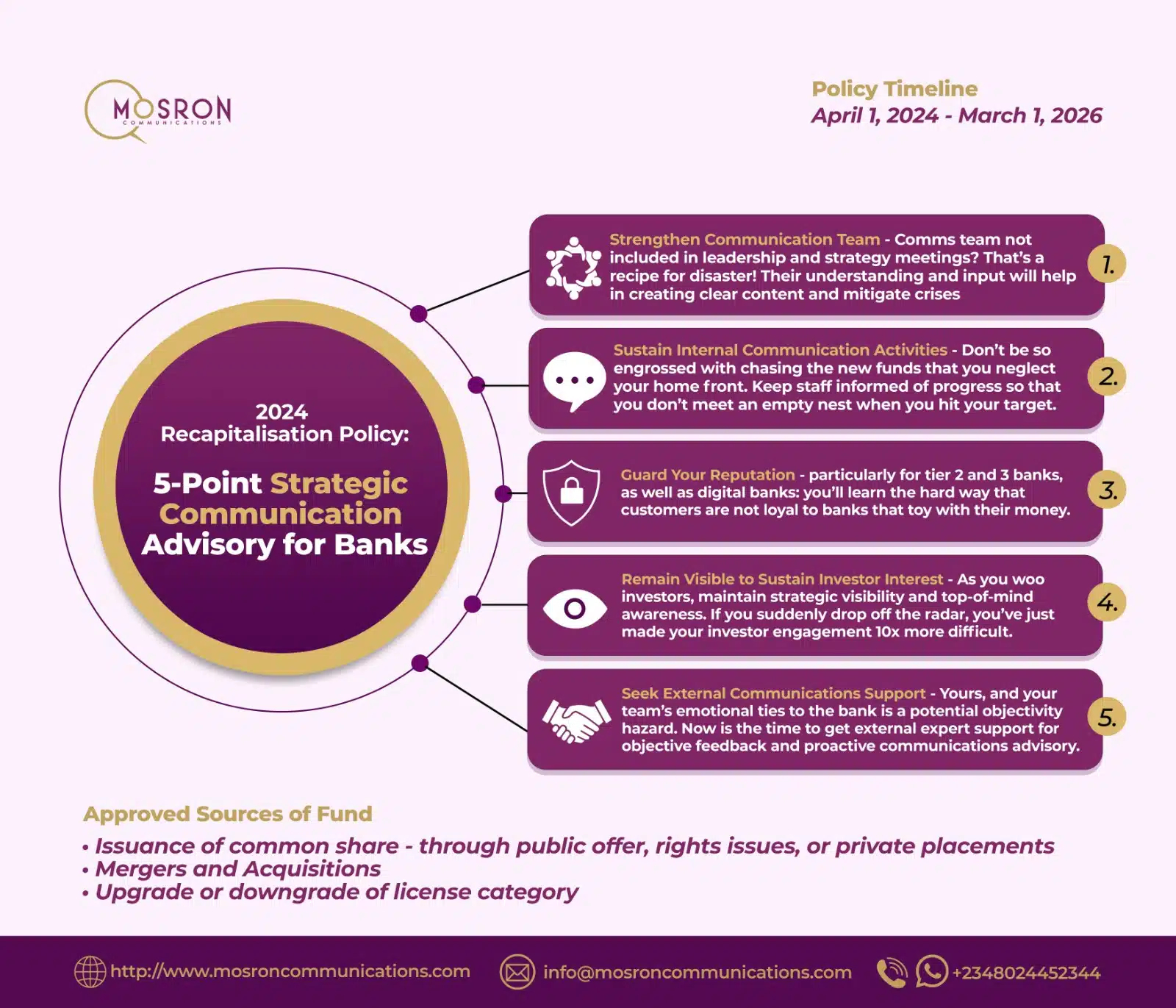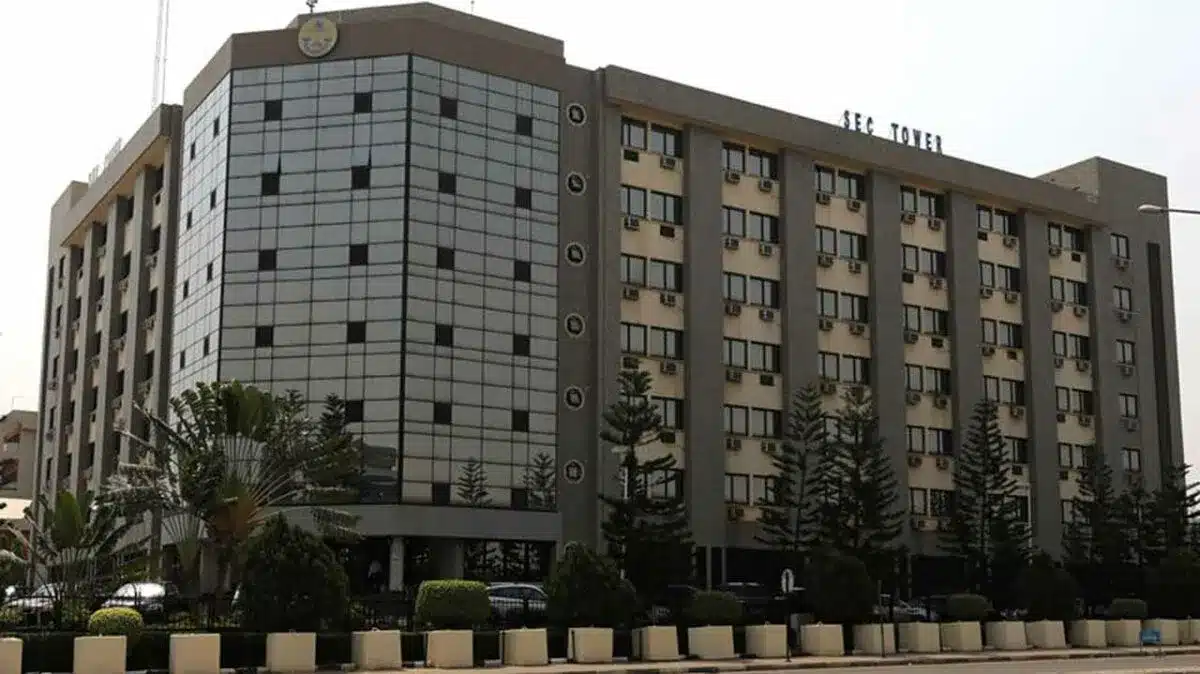Many Nigerian freelancers and remote workers will be paying taxes for the first time starting January 2026.
The Nigeria Tax Act (NTA) introduced by the Nigerian government in June 2025 is set to broaden the tax net and bring every category of Nigerian earner, including those in its growing digital economy, into the system.
The NTA mandates that every resident in Nigeria is taxed on their worldwide income, while non-residents are taxed on income earned from Nigeria.
Who is a resident?
A person qualifies as a Nigerian resident if, within a tax year, they are domiciled in Nigeria, have a permanent place of residence in Nigeria, have substantial economic and family ties in Nigeria, or are physically present in Nigeria for an aggregate of 183 days in a 12-month period.
“If you are physically in Nigeria for more than 183 days in a year, that means in one year you spent more time in Nigeria than anywhere else, then Nigeria will consider you a tax resident in Nigeria.
“It means the country where you are tax resident has the first and priority right to collect your income tax,” Taiwo Oyedele, Chairman of the Presidential Fiscal Reforms Committee, clarified in a recent conversation with the Nigerians in Diaspora Commission (NIDCOM).
However, the NTA does not define what substantial economic and immediate family ties mean. Moreover, if substantial immediate family ties are a criterion for being a resident, many Nigerians in the diaspora will be required to pay taxes on their worldwide income. But this is not the case.
“If you live and work outside Nigeria, you have no obligations to pay taxes on your income that you earn abroad,” Oyedele clarified at the meeting.
Who gets to pay taxes?
According to the NTA, individuals who earn ₦800,000 ($535) and below per year (after deductions) are exempt from paying personal income tax to the government.

Victoria Fakiya – Senior Writer
Techpoint Digest
Stop struggling to find your tech career path
Discover in-demand tech skills and build a standout portfolio in this FREE 5-day email course
Every other person is required to pay taxes on their income up to a rate of 25% for high-income individuals who earn over ₦50,000,000 ($33,444) and above annually.
However, regardless of whether an individual’s income is taxable or not, they are still required to file their annual returns at the end of the year.
This annual return is a document you file to report all the income you made throughout the year, claim deductions and reliefs, and determine your tax liability.
This means that it is the government’s prerogative to determine who is tax-exempt based on the information you provide. Hence, everyone must declare how much they earned at the end of the year.
How to file your taxes
Unlike employees in Nigerian companies whose employers deduct their Pay-As-You-Earn (PAYE) from their monthly gross salary, remote workers and freelancers have the responsibility to remit and file their tax returns.
Remote workers and freelancers can submit a self-assessment at the end of the year, declaring how much income they have received, the deductions they want to make, or any other reliefs they would like to claim. After this, they can determine their tax liability and remit it.
The annual returns filing must be done on or before March 31 of the year following the tax year.
If an individual fails to register for tax, they will be fined ₦50,000 in the first month of this failure and ₦25,000 in subsequent months.
Moreover, if a company awards a contract to that individual, the company will be liable to a fine of ₦5,000,000.
Additionally, a person who fails to file their returns or knowingly files incomplete or inaccurate returns will be liable to a fine of ₦100,000 in the first month and ₦50,000 in subsequent months.
Avoiding double taxation
If an individual lives in Nigeria and works elsewhere, such as in the UK or the US, it is more than likely that they will be susceptible to double taxation.
For example, a Nigerian resident can earn income from work done in the UK or the US, and the NTA mandates that the resident’s income is taxed. However, the UK’s tax laws also require that income earned in the UK by a non-resident is taxed.
Because Nigeria and the UK have a double-taxation treaty (DTT), only one of these two countries can tax your income. If you earn income in the UK, it is more than likely that the UK taxes you first.
So, for example, if you travel to the UK and earn £10,000 from performing any duties in the country, you can either claim tax relief in the UK before you are taxed or apply for a refund after you have been taxed. This ensures that you are not taxed both in Nigeria and the UK.
Nigeria has a double tax treaty (DTT) with the following 15 countries: Belgium, Canada, China, the Czech Republic, France, the Netherlands, Pakistan, the Philippines, Romania, Singapore, Slovakia, South Africa, Spain, Sweden, and the UK.
In other cases, where Nigeria has a DTT with a country that taxes you without the option for relief or tax credit, the NTA allows you to obtain tax credit from Nigeria, so you are not taxed on the same income.
“Where, in any year of assessment, any part of the income or profit of a resident of Nigeria, derived from outside Nigeria, has been charged to tax in the source country, and that income or profit is also chargeable to tax in Nigeria, the tax paid outside Nigeria may be allowed as a credit against the tax payable in Nigeria,” the Act reads.
On the other hand, for countries without a DTT with Nigeria, like the US, different rules apply. If a Nigerian resident works in the US, they are liable to tax in both the US and Nigeria.
However, under the NTA, Nigeria introduced a unilateral tax credit where there is no DTT. This means that if an individual can prove they remitted taxes on that income in the US or any other country, they can obtain a tax credit in Nigeria to offset their liability on that income.
Key reliefs and deductions you can claim
In filing their self-assessment, freelancers and remote workers have the liberty to claim a variety of deductions.
“People who are not in paid employment have the opportunity for more deductions if they can demonstrate it is for the business. If I am a content creator, even my dress and my makeup are part of the deduction because that is how I generate my revenue,” Taiwo Oyedele told Techpoint Africa at an interactive session with the media held in Lagos.
So, for workers in the digital economy, anything used for the work you do can be deducted.
For example, data expenses, fuel or electricity bills, and software tools. The most important thing to keep in mind is that you can prove that these expenses were for your “business”.
You can also deduct 20% of rent paid within the year, or ₦500,000, whichever is lower. It is only after deductions are made that your taxable income is determined.
Post-deduction, if your total income in the year falls below ₦800,000, you are not eligible to be taxed.
Additionally, if your employer/client made a withholding tax (WHT) deduction at source, meaning before they paid you, they deducted WHT, they are expected to have remitted that to the government on your behalf.
Hence, when filing your taxes, you can claim your WHT as a credit to offset some of your tax liability.
All currency conversions are based on an exchange rate of ₦1,495 to $1.











